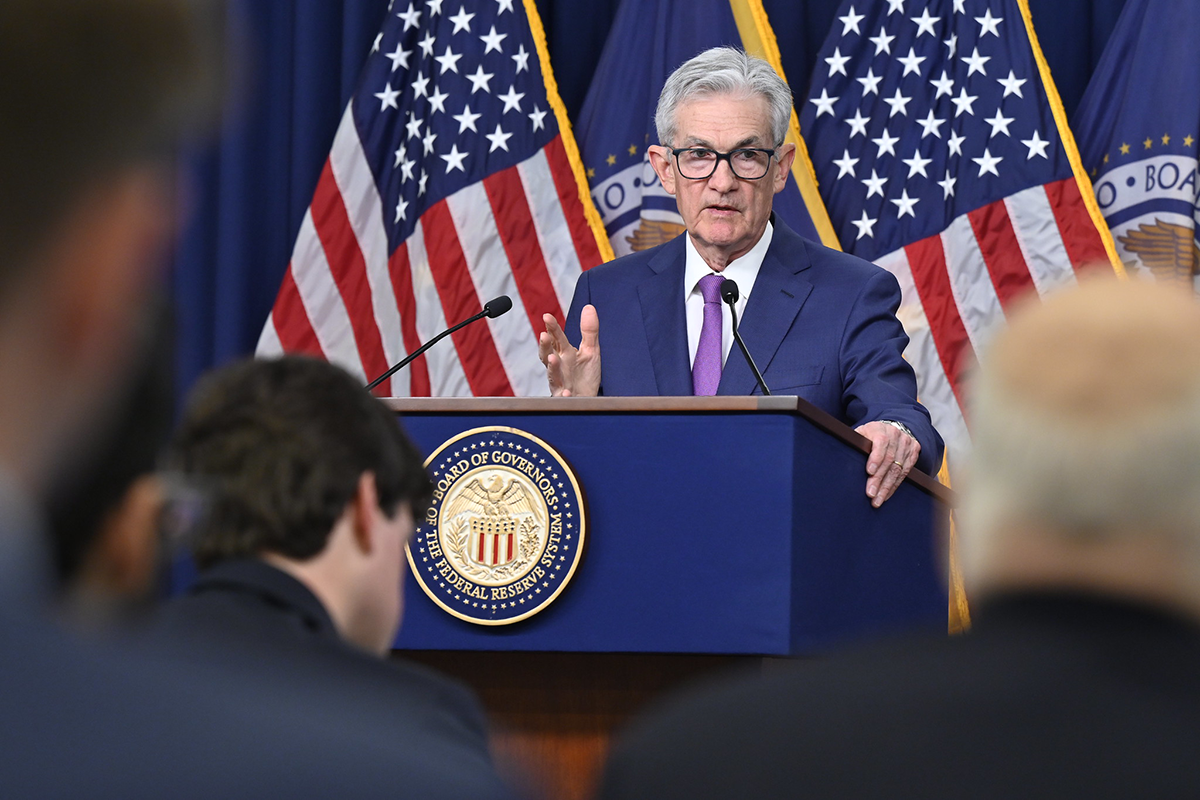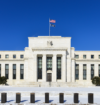Powell Doubles Down on Higher For Longer
Federal Reserve Chairman Jerome Powell reiterated the central bank’s stance on maintaining higher interest rates for an extended period during his speech at the annual general meeting of the Foreign Bankers’ Association. Powell’s comments come in response to a hotter-than-expected Producer Price Index (PPI) report, highlighting the ongoing challenges in tackling inflation.
Why it matters: Powell’s remarks underscore the Fed’s commitment to a restrictive monetary policy approach as it navigates through unexpected inflation readings, signaling that interest rates will remain elevated to ensure price stability.
By the numbers:
- PPI report: The PPI for final demand rose 0.5% in April, significantly higher than the anticipated 0.3% increase.
- Year-over-year: The PPI rose to 2.2% in April, up from 1.8% in March.
Key quotes:
- On the PPI report: “I wouldn’t call it hot, I’d call it mixed…We did not expect this to be a smooth road. But these [inflation readings] were higher than I think anybody expected.”
- On future rate hikes: “I don’t think that it’s likely, based on the data that we have, that the next move that we make would be a rate hike… I do think it’s really a question of keeping policy at the current rate for longer than had been thought.”
- On housing and inflation: Housing has “been a bit of a puzzle” because measures of new apartment leases show new rents barely increasing. “Current rent increases have been low for some time, but that’s now showing up in rollover leases. It will show up, the question is when.”
The context: Powell’s emphasis on patience reflects the Fed’s strategy to let restrictive policy measures gradually work through the economy. The mixed inflation signals complicate the path to achieving the Fed’s target, necessitating a cautious and steady approach.
Mortgage Rate Impact: The good news is Powell seems almost certain another rate hike will not bie needed. However, the base news is he seems certain that rates will have to stay higher for longer to combat this hotter inflation data.



